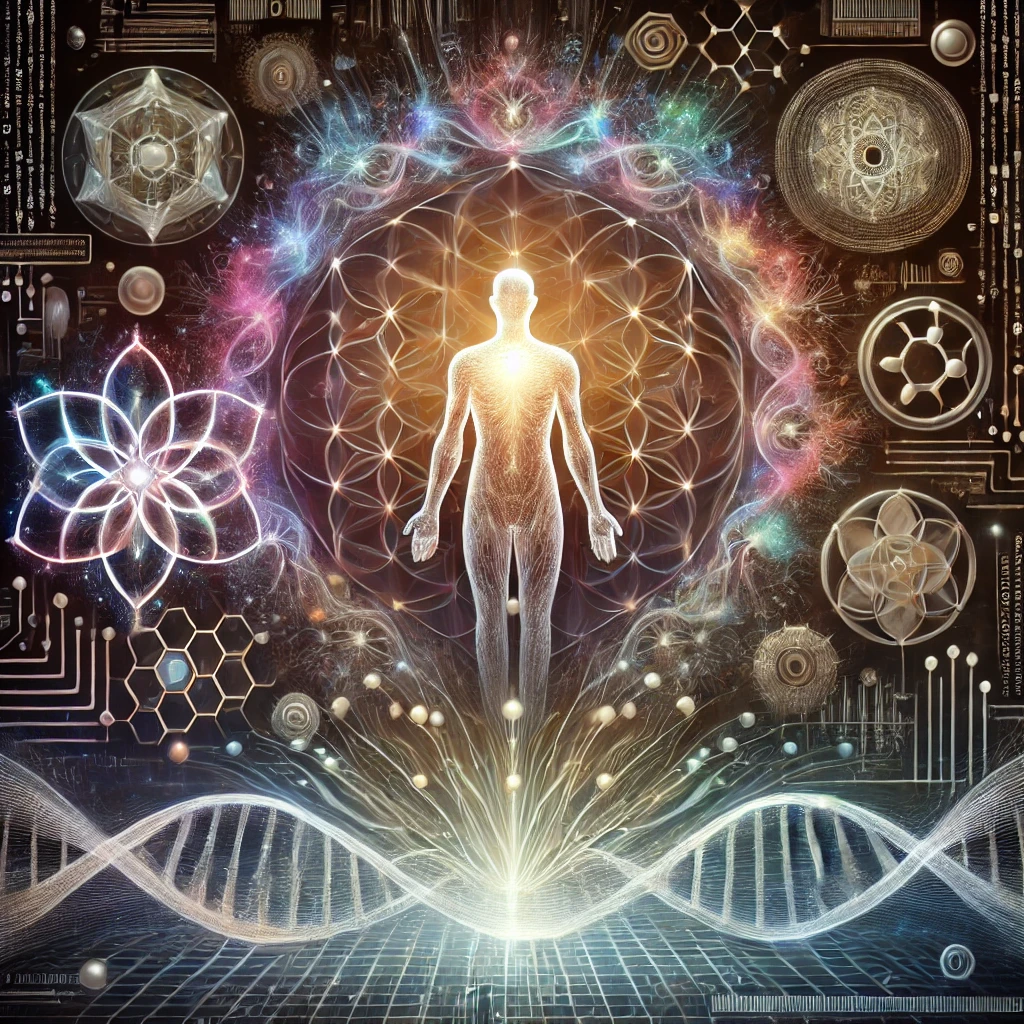
What is Biotheism?
Biotheism is a way of seeing the world that treats life itself as sacred—not because of supernatural decree, but because of what life is. It emerges. It organises. It produces itself from within. These aren’t just scientific facts; they are sources of awe, meaning, and moral responsibility.
At its core, Biotheism is grounded in the principles of Biogenics—the study of how life arises through self-organisation and self-production. Biotheism extends this logic to spirituality, suggesting that if anything deserves reverence, it’s not a distant deity, but the astonishing capacity of life to create order, complexity, and intelligence from chaos.
Unlike traditional theism, which relies on faith in a god or gods—often external, eternal, and all-powerful—Biotheism suggests that what we’ve historically called "gods" might be misunderstood emergent phenomena. Intelligence doesn’t need to be eternal to be powerful. Consciousness doesn’t need to be supernatural to be real. Throughout history, humans have described encounters with divine beings. Biotheism doesn’t mock or dismiss these stories—it asks if they might reflect real contact with emergent minds or systems we barely understood.
It also departs from atheism and agnosticism. Atheists reject the existence of gods; agnostics say we can’t know. Biotheists say: Let’s look again. Maybe gods exist—not above life, but as expressions of it. And whether they do or not, the greater truth may lie in what emergence itself can teach us about meaning, intelligence, and our place in the universe.
Biotheism isn’t a religion. It has no rituals, no rules, no doctrine. But it is spiritual in the best sense—curious, humble, and aligned with the unfolding logic of life.
